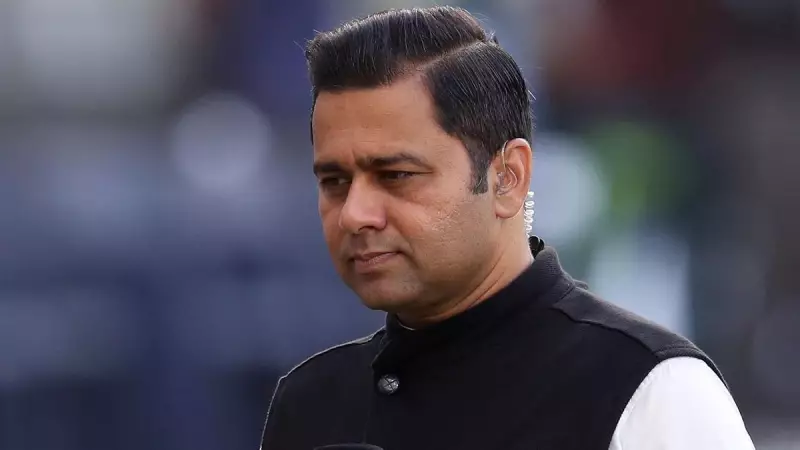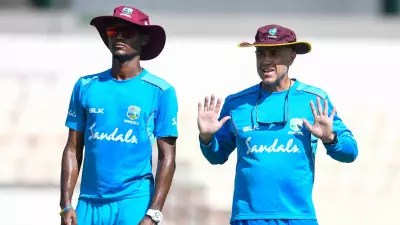
Former Indian cricketer turned analyst Aakash Chopra has pinpointed a concerning trend in the national team's recent Test performances. According to Chopra, India's batting lineup is showing significant vulnerability against quality spin bowling, raising questions about the technical preparedness of the current generation of players.
The Core Problem: Technical Deficiencies Against Spin
In his detailed analysis, Aakash Chopra emphasized that the issue isn't just about inexperience but extends to fundamental technical flaws. Many modern Indian batsmen appear uncomfortable when facing spinners in Test match conditions, particularly when the ball is turning sharply. This weakness has become increasingly evident in recent home and away series.
Chopra observed that contemporary batters often lack the patience and specific footwork required to counter spin bowling over longer periods. Unlike previous generations who grew up playing extensive first-class cricket on turning tracks, today's players seem more accustomed to limited-overs formats where aggressive stroke-play dominates defensive techniques.
Experience Gap in Domestic Cricket
The noted commentator highlighted a crucial gap in the domestic cricket structure. Younger players are not getting enough exposure to challenging spin-friendly pitches in domestic tournaments, which has created a generation gap in skills development. When these players transition to international cricket, they find themselves underprepared for the sophisticated spin attacks they encounter.
Chopra pointed out that the reduction in quality time spent at the crease in domestic cricket has compounded this problem. Batsmen are missing out on the opportunity to develop the temperament and technique needed to build long innings against persistent spin bowling, which remains essential for success in Test matches played in subcontinental conditions.
Impact on India's Test Performance
This technical deficiency has had tangible consequences for the Indian team's results. India has faced unexpected batting collapses in recent Test matches, often triggered by spin bowlers who exploit these weaknesses. Even on home soil, where India traditionally dominated visiting teams through superior spin play, the current batting lineup has shown susceptibility.
The analysis comes at a time when India is preparing for important Test series where facing quality spin bowling will be crucial. Chopra's observations suggest that unless these technical issues are addressed systematically, India might continue to struggle in conditions where spin plays a decisive role, potentially affecting their standing in the World Test Championship.
Chopra concluded that addressing this challenge requires a multi-pronged approach involving better preparation, focused training camps specifically designed to improve techniques against spin, and creating more spin-friendly pitches in domestic cricket to give budding cricketers the necessary exposure before they reach the international level.






